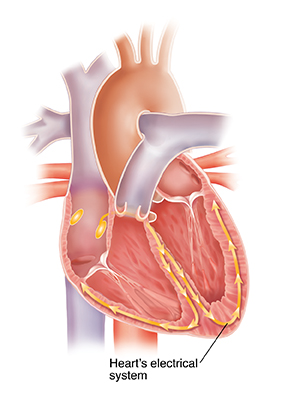Sudden cardiac arrest (SCA) is a critical medical emergency where the heart abruptly stops beating. This cessation of heart function leads to a sudden loss of blood flow to the brain and other vital organs. Without immediate intervention, sudden cardiac arrest can result in sudden cardiac death.
Differentiating from a Heart Attack
While often confused with a heart attack, sudden cardiac arrest is distinct:
- Heart Attack: Occurs when blood flow to a part of the heart is blocked, usually by a blood clot, causing damage to the heart muscle.
- Sudden Cardiac Arrest: Involves an electrical malfunction in the heart that causes an irregular heartbeat (arrhythmia), leading to the heart's sudden stop.
Key Points
- Sudden Cardiac Arrest: An electrical issue causing the heart to stop.
- Heart Attack: A circulation problem leading to heart muscle damage.
- Sudden Cardiac Death: The fatal outcome if sudden cardiac arrest is not treated immediately.
Understanding these differences can save lives. Recognizing sudden cardiac arrest and the need for prompt medical attention makes all of the difference in an emergent situation.

